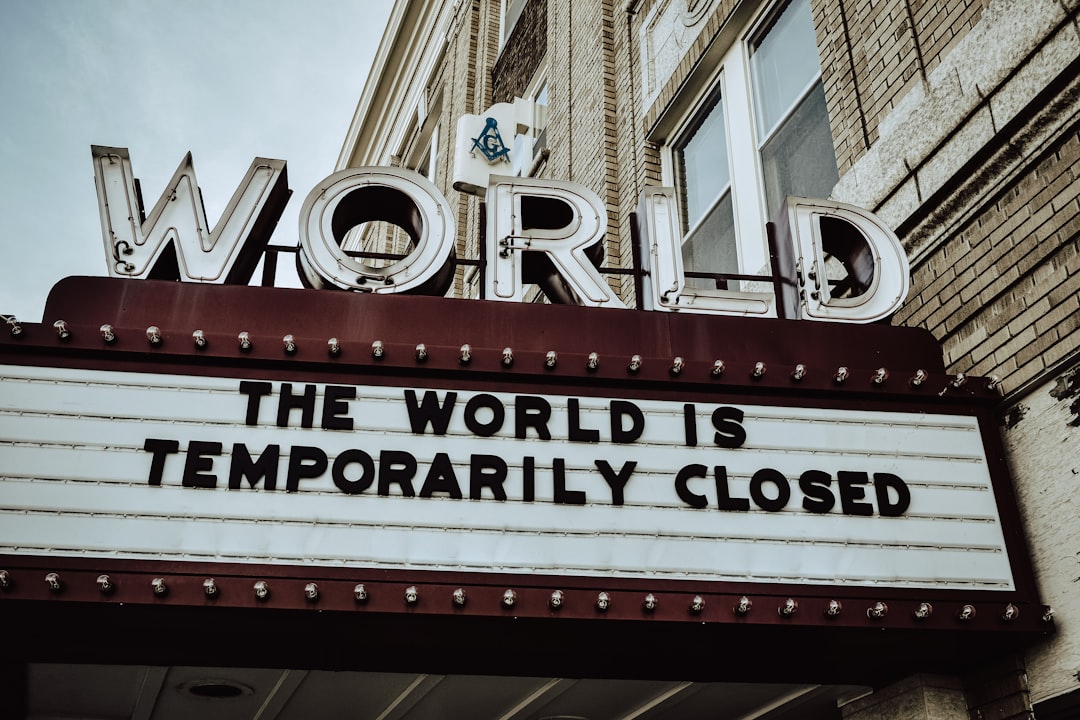In the pandemic, locked down with three children (then aged 12, 10 and 7), I encountered something that felt eerily familiar: a loss of freedom. It took me a while to work out why I recognised it. Then I realised - it was very like those early years of motherhood, when you can’t do simple activities like take a shower or read a book or even poop when you want to. From the outside, people often don’t understand. “Can’t you get somebody to hold the baby?”, “Can’t you sleep when they sleep?”. But sometimes you don’t want to sleep when they sleep, you want to sleep when you want to sleep. You want to start sleeping when you want to start, and stop when you want to stop. You want the world to revolve around you, instead of this demanding creature that Freud so aptly named, “His Majesty The Baby”. During covid it was more like, “His Majesty the Lockdown”, or “His Majesty the Government Restrictions”. But it was a similar feeling. A rug had been pulled. The life you took for granted was no longer yours. You were beholden to a force other than yourself.
We all have a personal story of the twenty or so months between early 2020 and late 2021. I know that there are people who suffered hugely during that time, losing relatives to covid or being unable to be with the people they loved during the worst of times. As terrible as these stories are, today I want to respectfully put them to the side and make space for the more mundane experiences of those of us who, like me, didn’t live through anything more severe than being locked in their house intermittently and missing a foreign trip or two. I don’t want to suggest that these more ‘average’ pandemic tales are in any way as terrible as those of people who experienced true heartbreak. But I do keep getting a nagging feeling that there’s a collective reluctance to process what ‘average’ life under lockdown was like, as if we are all pretending to ourselves it was just a weird dream. It wasn’t a dream. It was real. Can we talk about it? I think we need to.



